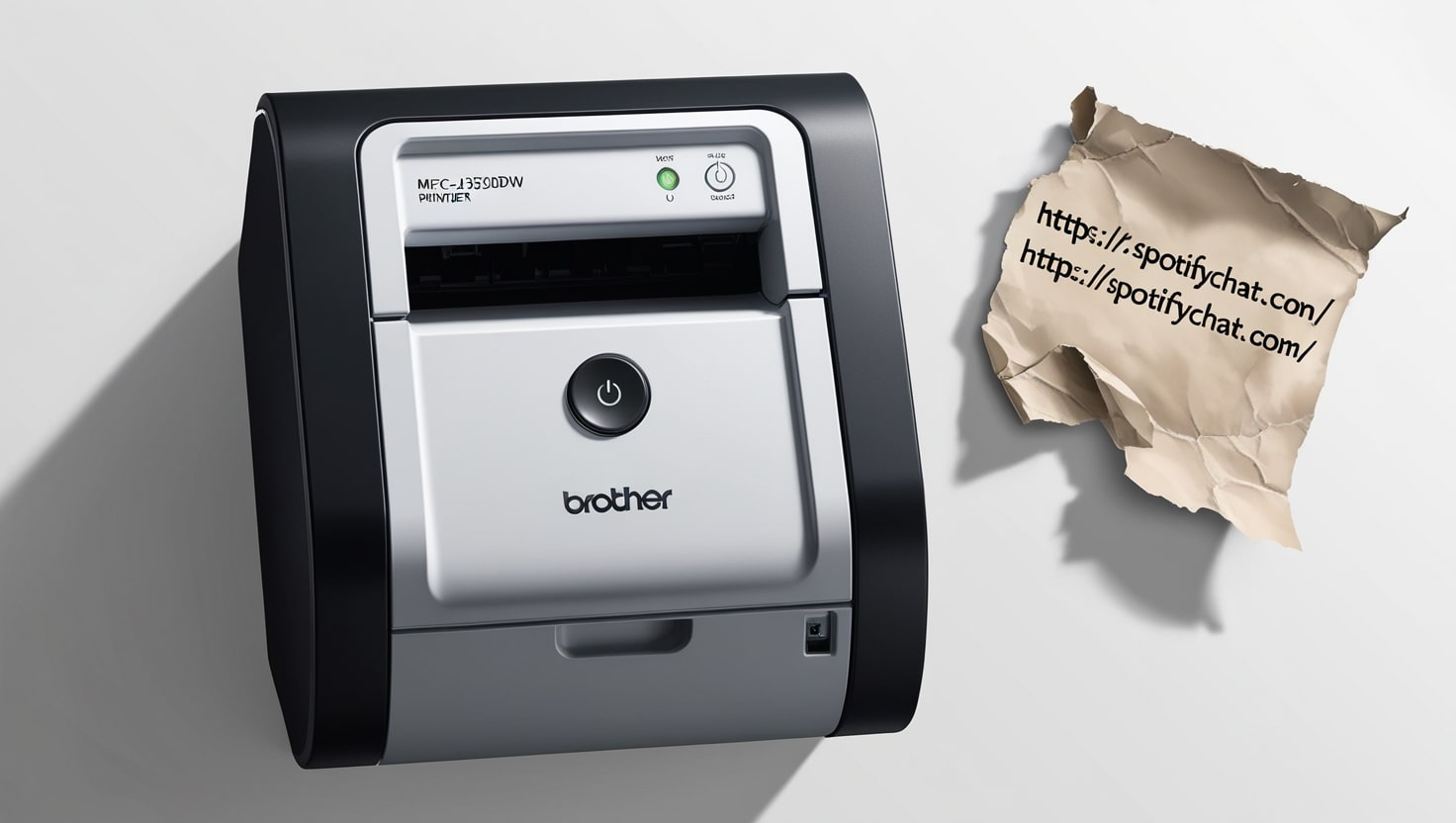In recent years, renewable energy sources have gained significant traction as the world continues to focus on sustainability and reducing carbon footprints. Among these renewable sources, solar energy stands out as one of the most widely utilized and developed energy forms. However, despite its potential, the solar power industry faces numerous challenges, including efficiency, durability, and protection from environmental factors. This is where polyurea’s role in revolutionizing the solar power industry comes into play. Polyurea, a versatile polymer, is making substantial contributions to solar power technology, improving efficiency, durability, and reducing costs, all of which are essential for expanding the adoption of solar energy worldwide.
What is Polyurea and Why Does It Matter in Solar Power?
Polyurea is a fast-curing, highly durable polymer that is commonly used in coatings, sealants, and linings. Due to its excellent resistance to harsh weather conditions, chemical exposure, and abrasion, polyurea has found numerous applications in industries like construction, automotive, and even in the energy sector. In particular, polyurea’s role in revolutionizing the solar power industry is becoming increasingly evident as manufacturers and engineers recognize its potential to improve solar panel efficiency and longevity.
Polyurea coatings are being utilized in various aspects of solar power systems, from the protective coating on solar panels to the protection of infrastructure involved in energy storage and transmission. This is due to polyurea’s remarkable properties such as high elasticity, waterproofing abilities, and superior chemical resistance. The ability of polyurea to form seamless, robust coatings makes it a prime candidate for enhancing the durability and reliability of solar power systems.
Enhancing Durability and Protection in Solar Panels
One of the main challenges in the solar power industry is ensuring that solar panels can withstand the harsh environmental conditions they are often exposed to. From extreme temperatures to UV radiation, wind, and moisture, solar panels must be designed to endure these factors over long periods of time without degradation. Polyurea’s role in revolutionizing the solar power industry is particularly evident in its ability to protect solar panels from these damaging forces.
Polyurea coatings applied to solar panels offer superior protection from moisture, UV rays, and extreme temperature fluctuations. The coating prevents water from infiltrating the panel, thereby reducing the risk of corrosion, which is a common issue in solar panels exposed to moisture. Furthermore, polyurea coatings shield the panels from the damaging effects of UV rays, which can cause panels to lose efficiency over time. By maintaining the structural integrity of the panels and improving their resistance to environmental stress, polyurea’s role in revolutionizing the solar power industry becomes clearer as it contributes to the overall lifespan of solar technology.
Improving Efficiency with Polyurea Coatings
The efficiency of solar panels is critical in determining their performance and ability to generate power. Over time, dirt, dust, and other debris can accumulate on the surface of solar panels, which reduces their ability to absorb sunlight and produce electricity. Polyurea’s role in revolutionizing the solar power industry extends beyond protection; it can also play a role in improving the efficiency of solar panels.
Polyurea coatings can create a smooth, non-porous surface that helps prevent the buildup of dirt and debris. This is especially useful in environments where dust and sand are prevalent. By reducing the accumulation of debris, polyurea coatings ensure that solar panels maintain optimal sunlight absorption and continue to generate power at their peak efficiency. The ability of polyurea to maintain a clean surface on solar panels directly impacts the long-term performance of solar power systems, making it an invaluable component of modern solar energy technology.
Reducing Maintenance Costs in Solar Power Systems
Maintenance costs are a significant concern for solar power system owners, especially in large-scale solar farms. Solar panels, like any other technology, require regular maintenance to ensure they continue to function at their best. This is where polyurea’s role in revolutionizing the solar power industry proves invaluable.
By applying polyurea coatings to solar panels and other system components, the need for frequent cleaning and maintenance is drastically reduced. Polyurea’s water-resistant and anti-corrosive properties mean that solar panels are less likely to be damaged by environmental factors. Additionally, the protective coatings enhance the overall lifespan of solar power systems, ensuring that they operate effectively for longer periods without the need for significant maintenance. This, in turn, reduces the overall cost of ownership for solar power systems and makes solar energy a more cost-effective option for both individuals and businesses.
Polyurea Coatings for Solar Inverters and Other Components
The solar inverter, which converts the electricity generated by solar panels into usable power for homes and businesses, is another crucial component of solar power systems. These devices are often exposed to harsh weather conditions, including rain, snow, and extreme temperatures, which can impact their performance and longevity. Polyurea’s role in revolutionizing the solar power industry extends to the protection of inverters and other critical components in solar energy systems.
Polyurea coatings are being used to protect solar inverters and other electrical components from moisture, dust, and other environmental factors. By forming a protective layer around the components, polyurea helps prevent corrosion and other forms of damage that could interfere with the operation of the inverter. This additional layer of protection ensures that the inverter continues to function effectively and efficiently over time, contributing to the overall reliability and performance of solar power systems.
Sustainability and the Environmental Impact of Polyurea in Solar Power
As the world shifts toward cleaner energy sources, the role of sustainability in the production and deployment of solar power technology is more important than ever. Polyurea’s role in revolutionizing the solar power industry aligns with this trend by offering an environmentally friendly solution to many of the challenges faced by the solar power sector.
Polyurea coatings are not only durable and effective, but they also contribute to the sustainability of solar power systems. By extending the lifespan of solar panels and reducing the need for frequent replacements and repairs, polyurea helps reduce waste. Additionally, polyurea is an environmentally friendly material that can be applied without the use of harmful chemicals. This makes polyurea coatings a sustainable choice for the solar power industry, aligning with the broader goals of reducing the environmental impact of energy production.
Cost-Effectiveness of Polyurea in the Solar Power Industry
Cost reduction is a key factor that influences the widespread adoption of solar energy. Solar power systems can be expensive to install, and ongoing maintenance and repairs can add to the cost over time. Polyurea’s role in revolutionizing the solar power industry helps mitigate these costs in several ways.
The durability and protection provided by polyurea coatings reduce the need for repairs and replacements, leading to significant savings in maintenance costs. Furthermore, the enhanced efficiency of solar panels due to the smooth, dirt-resistant coating leads to better energy generation and, ultimately, lower electricity bills. By increasing the longevity and performance of solar systems, polyurea coatings help make solar energy more affordable and accessible for both homeowners and businesses.
Polyurea in Solar Power Storage Solutions
As solar energy generation becomes more widespread, energy storage solutions are essential for ensuring a reliable and consistent energy supply. Solar power is intermittent, meaning that it is only produced when the sun is shining. To address this, solar energy must be stored for use during periods of low sunlight or at night. Polyurea’s role in revolutionizing the solar power industry also extends to solar storage solutions.
Polyurea coatings are being used to protect energy storage systems, such as batteries and storage tanks, from the elements. These systems are often located in outdoor environments where they are exposed to moisture, extreme temperatures, and other harsh conditions. Polyurea coatings provide an additional layer of protection, ensuring that the energy storage systems remain functional and reliable over time. By safeguarding these crucial components, polyurea helps ensure the stability and efficiency of solar power storage solutions, making solar energy more viable for long-term use.
Polyurea’s Impact on Solar Farms and Large-Scale Solar Power Systems
The solar power industry is not just about individual solar panels; it also involves large-scale solar farms that generate electricity for entire communities. Polyurea’s role in revolutionizing the solar power industry is particularly significant in the context of large-scale solar projects, where the challenges of durability, protection, and maintenance are even more pronounced.
Polyurea coatings are used extensively in solar farms to protect both the solar panels and the infrastructure that supports them. The harsh environmental conditions that solar farms are often exposed to can cause wear and tear on equipment, leading to costly downtime and repairs. By applying polyurea coatings, solar farm operators can enhance the lifespan of their systems, reduce maintenance costs, and improve the overall efficiency of the farm. This makes polyurea an essential tool in the continued growth of large-scale solar power generation.
Polyurea’s Role in Future Solar Power Developments
As technology continues to evolve, the solar power industry is expected to grow even further. New innovations in solar panel efficiency, energy storage, and grid integration are constantly being developed. Polyurea’s role in revolutionizing the solar power industry will continue to be an important part of these advancements.
Future developments in solar power may involve even more advanced materials and coatings, and polyurea could play a critical role in these innovations. As solar technology becomes more sophisticated, polyurea’s properties will be increasingly valuable in addressing new challenges and improving the performance of solar systems. Whether it’s enhancing energy efficiency, reducing maintenance costs, or providing better protection, polyurea will remain a key player in the ongoing evolution of the solar power industry.
Conclusion
In conclusion, polyurea’s role in revolutionizing the solar power industry is undeniable. From improving the efficiency and durability of solar panels to providing cost-effective solutions for maintenance and protection, polyurea is transforming the way solar energy systems are designed and deployed. Its ability to protect critical components from environmental damage, extend the lifespan of solar panels, and reduce maintenance costs makes it an essential material in the solar power industry.
As the world continues to embrace renewable energy, polyurea will play an increasingly important role in the development of solar power systems. By enhancing the performance, longevity, and sustainability of solar technology, polyurea is helping to pave the way for a cleaner, more energy-efficient future.










